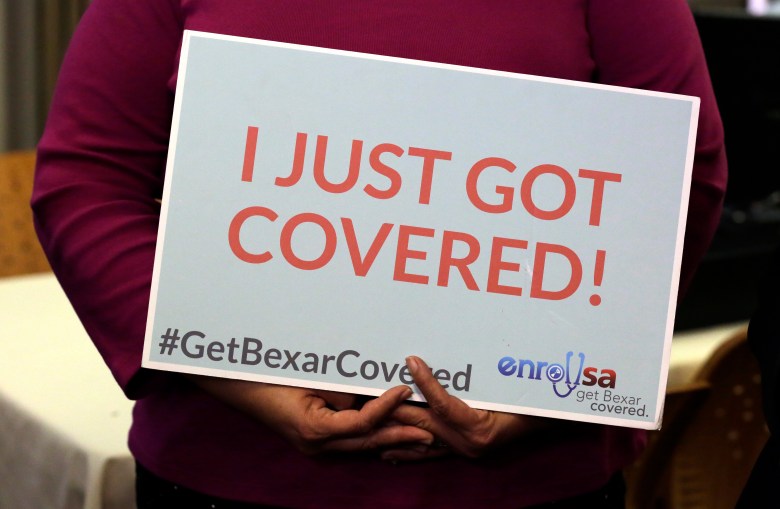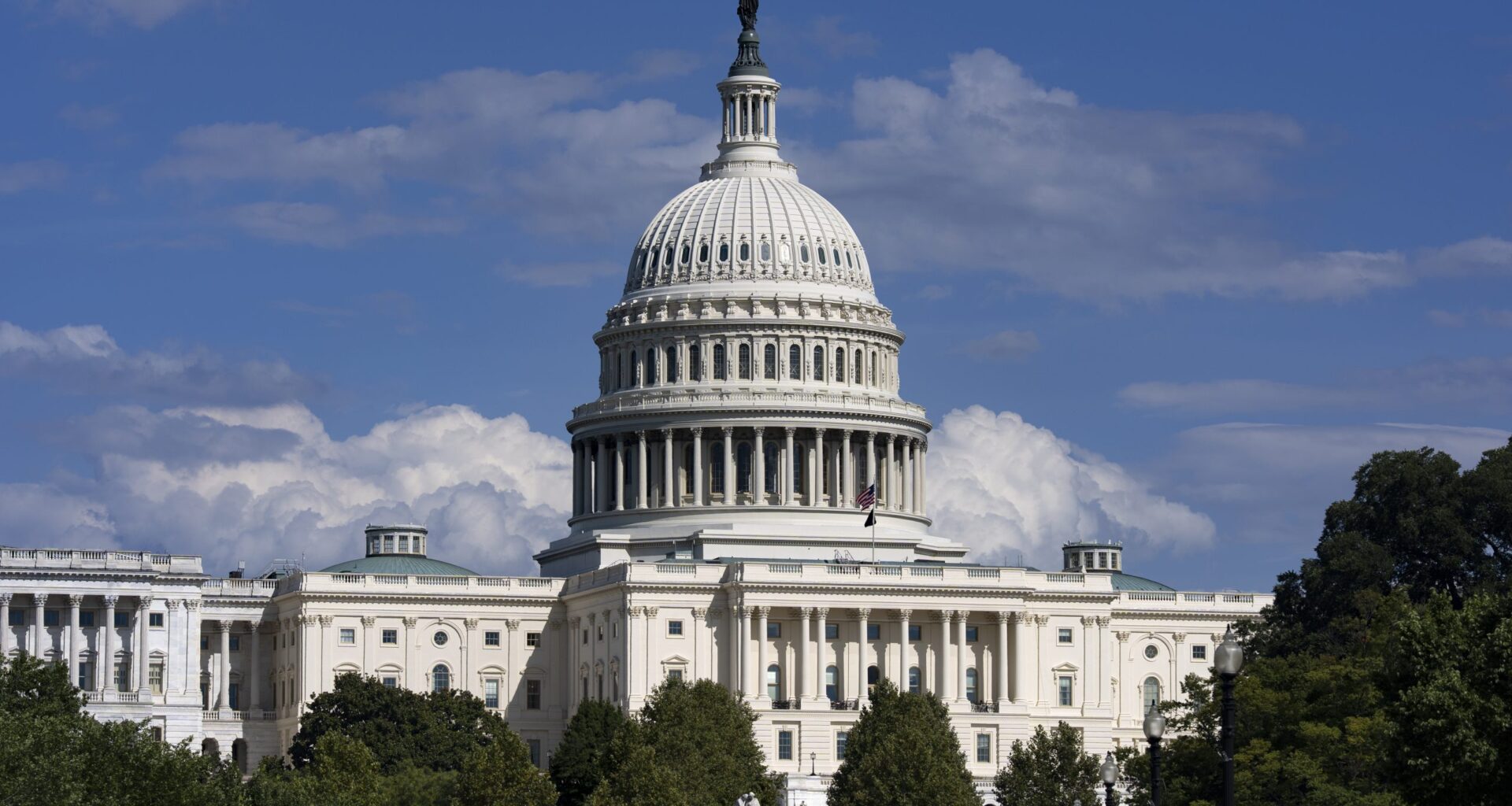Over 234,000 Bexar County residents could see their health care premiums skyrocket in 2026 as Affordable Care Act marketplace tax credits expire.
Most people insured under the ACA receive a premium tax credit that keeps their monthly health care insurance premiums below 8.5% of their annual income.
The tax credits will expire at the end of the 2025, if Congress doesn’t renew them. Although some Republican senators in Washington have signaled willingness to extend the credits, uncertainty remains around what lawmakers will decide.
Part-time workers, small business employees, contractors and those who are self-employed make up the majority of folks who rely on the tax credits for affordable health insurance.
According to local health care officials, losing the tax credits will increase the uninsured population in South Texas, putting further strain on health care providers already struggling to keep up with patient volumes.
It will also put pressure on small businesses whose employees often rely on the credits, forcing employers to make difficult decisions and ultimately stalling economic growth, according to local business leaders.
“What it means for families is hundreds of dollars to thousands of dollars per month,” said Dan Miller, CEO and president of Methodist Healthcare during a panel discussion in June. “I don’t see a lot of folks in our community that have that amount of excess reserves. People are making hard choices already to support the needs of the family.”
Marketplace enrollees are already facing other potential increases and barriers in ACA access and affordability under Republicans’ tax and spending bill signed into law in July.
Who benefits from the tax credits?
The premium tax credits were established as part of the ACA marketplace in 2010.
Originally set to expire in 2022, the tax credits were extended and enhanced under the Biden Administration during the COVID-19 pandemic, lowering premiums further and opening up the program on Healthcare.gov to even more people.
Enrollment soared as a result. Over 234,000 Bexar County residents were covered under marketplace plans in 2024, 219% more than in 2021, according to The Century Foundation. That includes over 25,000 children.
People who rely on the premium tax credits don’t qualify for Medicare, Medicaid or TRICARE, and they don’t have access to an affordable employee-sponsored plan. They also must meet certain income requirements, and premium discounts differ based on income and family size.
This group mostly includes people who are self-employed, employees of small businesses that can’t afford to provide sponsored health care plans, part-time workers, early retirees and others.
The tax credits have become especially important in states that haven’t expanded Medicaid, such as Texas, where 3.3 million people take advantage of the premium tax credits. KFF, a nonprofit, nonpartisan health policy group, projects that 1.1 million Texans could lose coverage if Congress doesn’t renew the tax credits.
 Magdalena Miranda holds a sign after she signed up for insurance during an Affordable Care Act enrollment event on Jan. 29, 2016. Credit: Eric Gay / AP Photo
Magdalena Miranda holds a sign after she signed up for insurance during an Affordable Care Act enrollment event on Jan. 29, 2016. Credit: Eric Gay / AP Photo
What will the impact be?
People insured under marketplace plans will see their premiums rise. But estimates vary on how much.
The Century Foundation estimates that in Bexar County, ACA enrollees will pay on average $420 more per year for marketplace health coverage.
Data from Keep Americans Covered, a coalition of health care organizations that advocate for affordable health care, estimates that some Texans could see their premiums skyrocket by over 200%.
Reports from the Urban Institute and Center on Budget and Policy Priorities also found that low-income enrollee, Black and Hispanic populations — who have enrolled at record rates for the improved tax credits since 2021 — would disproportionately feel the impacts.
Miller, who oversees 11 hospitals and 10 freestanding emergency rooms in the city, said he expects more uninsured patients in an already strained hospital system, and poorer health outcomes as a result.
“What we know is that when people don’t have access to health care, they wait until they have emerging issues,” he said. “They’re not getting access to routine care, preventative care, and we see a deterioration in health outcomes.”
Stephanie Charlise, director of risk, benefits and wellness for Spurs Sports and Entertainment, said during the panel that many of the arena’s employees are part-time and contract workers whose only path to affordable coverage is through the enhanced premium tax credits.
She worried that the changes would force these employees to give up their coverage and put strain on the organization.
Katie Ferrier, VP of public policy and economic development at Greater San Antonio Chamber, said that the changes could ultimately stifle economic development if small businesses have to delay expanding their business or even shut their doors.
“‘If my my premiums go up thousands of dollars, I’m going to have to change my strategy for how I was going to reinvest in my business,’” Ferrier said, echoing what she’s heard from small business owners. “Or, ‘I was going to hire another girl to work up front, and I’m not going to be able to do that because I can’t cover that entire cost.’”
“They are going to have to make some hard financial choices that will contribute to our economy not growing,” she added.

